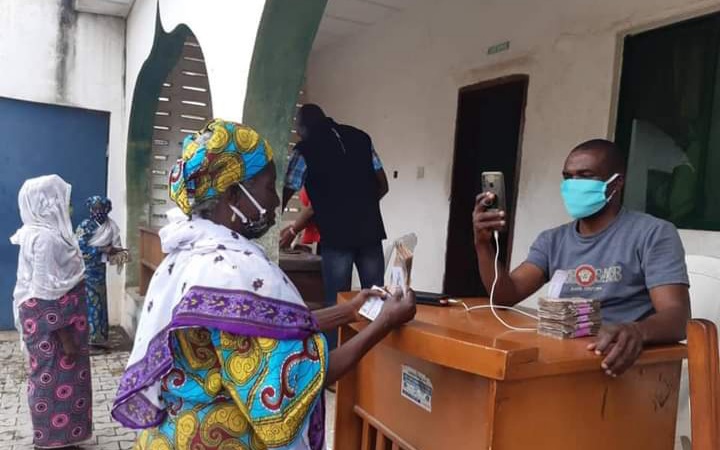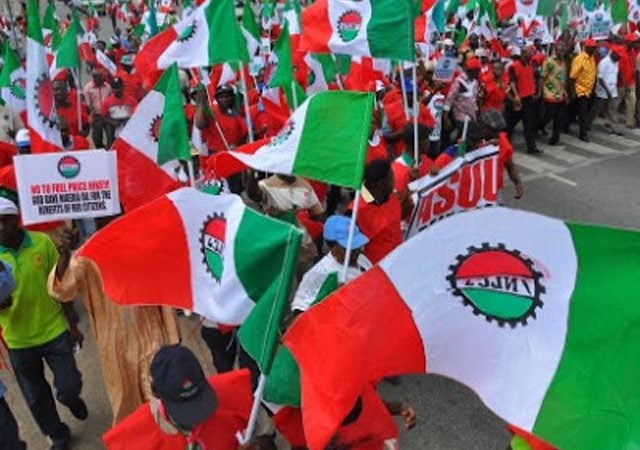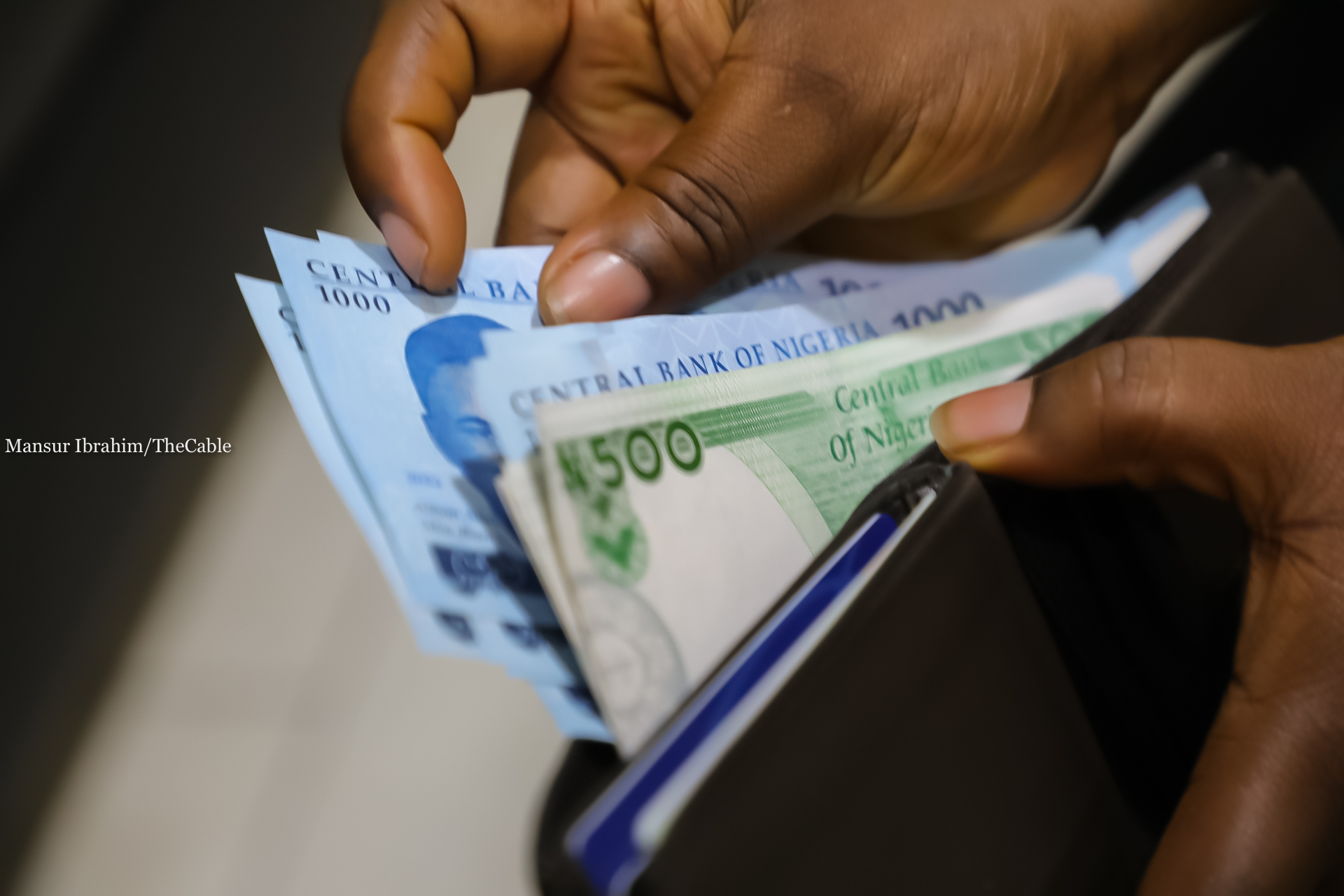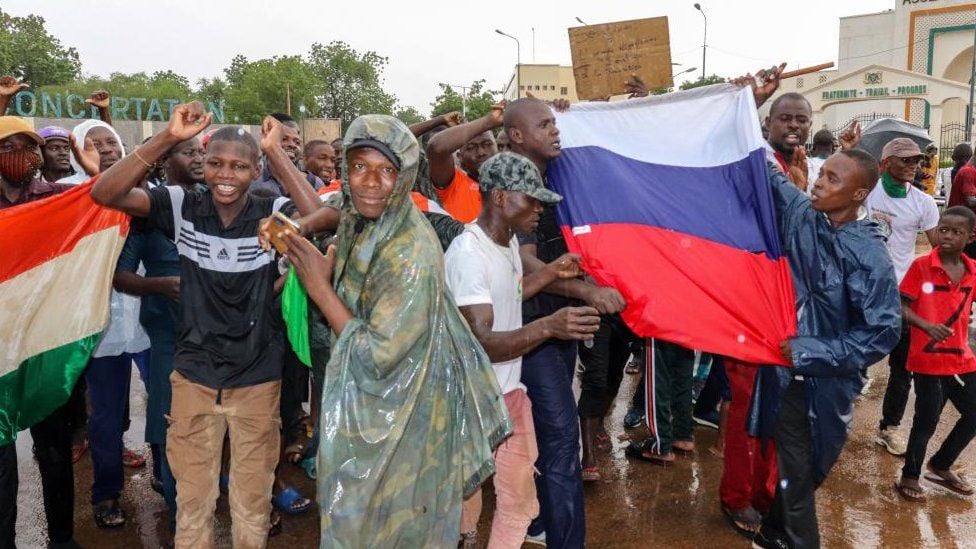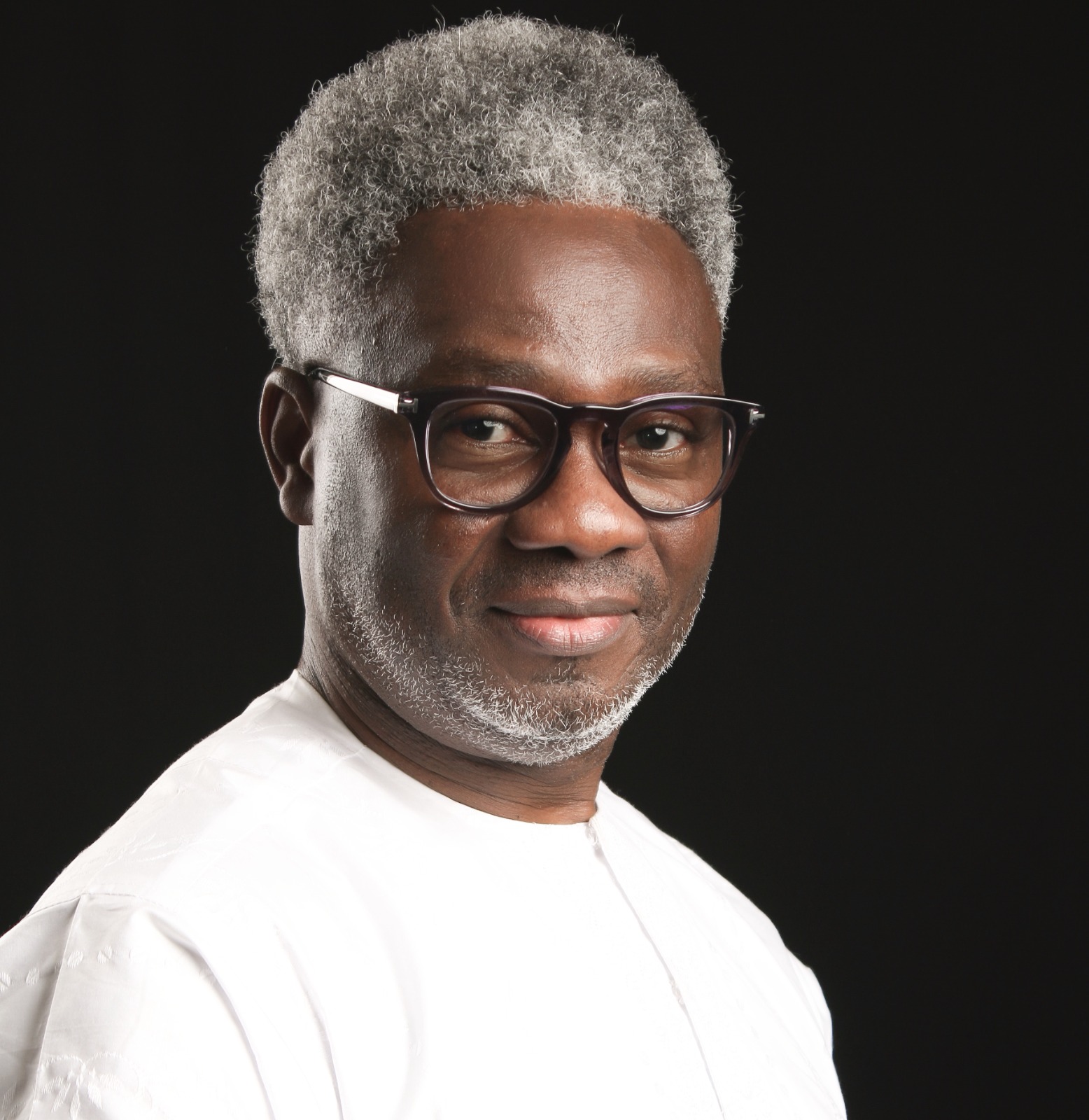On the subject of Nigeria’s social register, people like me had expressed cynicism about its veracity for several reasons when the federal government had attempted to rely on this register for the purpose of cash transfer to 12 million families with a view to targeting about 60 million people. I offered instead that if the World Bank loan must be taken and spent to assuage immediate issues caused by the very bold reforms embarked upon by the Tinubu administration, the government should rather consider a food purchase and distribution program which means that governments should purchase from local farmers and distribute to deficit units around the country.
This will help in opening up our rural areas and releasing the spurt of growth that Nigeria requires, eradicate post-harvest losses, put money in the hands of farmers in exchange for goods, thereby increasing productivity and the GDP, target improved nutrition for children around the country, encourage the building of infrastructure to these rural areas, catalyse the government’s food security policy, and reduce food inflation, among other benefits. I showed evidence of what was being done in this regard in capitalist countries so that no one will call it a socialist idea.
On another occasion, I have pointed out that perhaps our government does not need to go a-borrowing, certainly not for the purpose of providing palliatives for our millions of poor people who have been displaced even more by the recent biting neo-liberal policies. There is an organisation called the National Social Insurance Trust Fund (NSITF), which by its name was established for the purpose of providing social insurance for Nigerians that are down on their luck. Every year, this fund collects a percentage of the profits of every tax-paying company. At every point in time, chances are that the fund sits on trillions of Naira for which it has no genuine purpose, having deliberately moved away from its set objective of social insurance. What we hear from that agency is stories of corruption and embezzlement.
The new administration should show seriousness in going after this organisation and getting it to perform its set duties – and not what it now claims to do (providing money for workers who have accidents on the job). NSITF has fraudulently twisted its objective to serve a few factory workers who bother to make claims. It serves a handful of people every year but collects money from hundreds of thousands of companies. Every management team that has been appointed in the last two decades seem to have gone insane the moment they see the amount of money they sit on in their bank accounts and promptly proceeded to help themselves. Almost all have been sacked for financial malfeasance. And ministers of labour have used the NSITF – which is meant to be our own social protection like the British DOLE system, as a slush fund.
Advertisement
And it is not only the NSITF sitting on money. There are many parastatals, known and unknown, who are sitting on huge stashes collected from taxpaying Nigerians, but whose management is cavalierly “largessing” on such funds with the connivance of government at the highest level. Rather than run cap in hand from World Bank to IMF, collecting toxic loans that will not augur well for the country and its people, I urge the government to look into these funds and commence immediate placation of the people of Nigeria. I understand that somewhere in Adamawa state people started looting warehouses. The administration should not forget the lessons of #EndSARS too quickly. We should understand that the people have tasted blood – they have looted and got away with it in the past. It was sweet for many. They have even faced up to law enforcement agents and liquidated a few. God forbid that they plan a repeat of October 2020, or someone instigates them to it. Opposition will of course do whatever it takes to discredit the government (any wonder why we are hearing about Adamawa?). But Tinubu should not give desperate opposition grounds for exploiting the anger of the people. It cannot be couched in sweet words; the reforms are rather harsh and too rapid. I particularly think the Naira floating policy is a terrible policy coming so soon after the fuel deregulation. I think Nigeria was conned by smart alecs who had since taken a position with the US Dollar. Now it looks like the policy may unravel. Sad.
But some folks who were at the centre of the World Bank-led effort to collate a social register protested rather subtly after the governors, led by Professor Chukwuma Soludo, also dismissed the idea of this National Social Register. A few of them have offered explanations as to how this register was collated and the painstaking effort which to them may have resulted in what they believe is a sound document. They explained how the register was developed from the ground up, depending on state governments and how the World Bank was involved. They speak about a transparent process. I quote from Mr Waziri Adio, former director general of Nigeria Extractive Industry Transparency Initiative (NEITI), who wrote in Premium Times on the said topic:
“The starting point for identifying the poor and the vulnerable in each state is the Nigeria Living Standards Survey (NLSS) conducted by the National Bureau of Statistics (NBS). The NLSS contains comprehensive socio-economic and demographic data and is used by the state teams to identify the areas with high incidences of poverty in each state. This is the geographic approach for targeting used for the social register… The second layer, and the core of the process, is Community-Based Targeting (CBT) where the task of identifying the poor and the vulnerable households in the different communities is devolved to the community members. This participatory process is led by a CBT team, usually made of a community development officer, a National Orientation Agency (NOA) officer, an agricultural extension officer, a women/social development officer and two enumerators… The CBT teams are divided into two groups: targeting officers and enumerators. The targeting officers handle the interface with the communities while the enumerators collect the required data on the households. The teams follow a four-step process: pre-sensitisation visits, sensitisation and mobilisation, community engagement and actual enumeration… The last stage is Proxy Means Testing (PMT) where data gathered by the enumerators is used to create a proxy of incomes and needs of the households and to rank them into deciles of the poorest and the most vulnerable in each community. All these are done at the state level before being transferred to the NSR. It is clear that some thought actually went into designing the process and the methodology of putting the register together… As of the last count, the NSR covers 748 of the 774 LGAs in the country, 174, 406 communities, 15.67 million households, and 62.69 million individuals in the country. The 15.67 million households covered so far represent the poorest of the poor, not all of the poor in the country.”
Advertisement
From this extensive quote of the effort by Mr Adio to enlighten our public, it looks like a fairly good job was done in trying to put together a register. But when we stand back and consider what had been presented, a few questions cannot but pop into mind:
- Why has the register not been made public? Some people raised an issue about privacy when I asked this question somewhere else. I asked them whether people who are so poor that N5,000 monthly will matter to them would care about privacy… except they are obtaining such money by false pretence. Of course, going by the INEC register, which is fraught with errors, irrelevancy, and massive falsification, Nigerians are right to believe that any register emanating through or by the government will be designated for fraud and falsified. We do have a serious trust deficit between government and the people and so any government must be prepared to work extra clean and extra hard to regain credibility.
- Why did we have to depend on World Bank again? As much as we too do not trust ourselves to do the right thing – even in government – we also cannot ignore the fact that the objectives of the World Bank and other such agencies may not align with ours. Recall that I wrote in my last published writeup that the World Bank wanted us to give cash to the people on this social register – a policy that has now been stepped down.
- If this social register is so good, why are we not leveraging it to spend much less for our upcoming national census? If the team so put together has been able to go around the country and collated 63 million poor people who are even more difficult to get to submit to any form of documentation, would it not be considered that the hardest part of a census job has been already concluded and now we may then collate the numbers of well-to-do folks and add up? Why are we hearing of humongous amounts to be budgeted for the national census? Research showed that in 2021, the World Bank approved a loan of $800 million for Nigeria, from which the census was done and from which the recent handouts were supposed to be taken. Are we saying the massive world-breaking register was done from that same loan, with enough left to distribute to 60 million souls through 12 million families, N8,000 monthly and more left for the national assembly and National Judicial Commission to share on their luxuries?
- From what the proponents of the register have said, the register had been used as a point of contact with 12 million families who were getting cash transfers very constantly since then. But if such an amount has been disbursed consistently in spite of its paltriness to that number of people in a solid register, by now it ought to have trickled down massively and created a major buzz in the economy. My people say you cannot but recognise the passing by of an elephant. Trickles of water make a massive pond. Why are the people still angry and hungry?
- The collated figure of 69 million people in the register should be correlated with our other databases. We have 90 million Nigerians registered for national identification number (NIN), 96 million in INEC’s dirty register from which they delist no names – not even those who died 20 years ago, and 56 million in BVN. These numbers have made people like me doubt Nigeria’s much-touted 210 million population. In all of that, how was Nigeria able to record only 25.3 million voters in a keenly contested election, 20 years after we recorded 42 million for the same election?
Development professionals like to say, “If you cannot measure it, you cannot improve it”. But counting ourselves and presenting reliable statistics has always been our problem in Nigeria. If anyone said we have a great database somewhere, it ought to be examined and celebrated so long as we can answer some of the above questions. But when I listened to the Borno state coordinator of the social investment programme, Aisha Umar, on TV, she said at the last mile, a load of cash is taken by the team referred to above, to be disbursed to people in the bush who have no accounts. This is contrary to the claims of Reverend David Ugolor of ANEEJ (a consultant involved in the same programme), who said that they have achieved 80% financial inclusion meaning that everyone has an account. Many things just do not smell right.
While we are still struggling to figure things out, and considering the fact that we really do need to move swiftly to comfort our people, I will still proffer my own option around raiding some of Nigeria’s slush funds like the NSITF and also considering a food distribution program that patronises our farmers, empowers them, reboots our economy right from the base, converts a moment of disadvantage into one of great advantage, aside from creating millions of new jobs. And we don’t need a loan to do that. N500 billion divided into 774 local governments for this food programme translates to N645 million per local government. Imagine such cash flows getting into the hands of our farmers. Imagine how many more people will rush home, back to their farms. Imagine how much more prestigious it will be to be a farmer. Imagine the eradication of post-harvest losses in the land. And it is not every local government that is rural anyway. Many are urban and will not need that much intervention in the agricultural sector. Honestly, it’s time to think again and create a new economy from the base.
Advertisement
Views expressed by contributors are strictly personal and not of TheCable.

